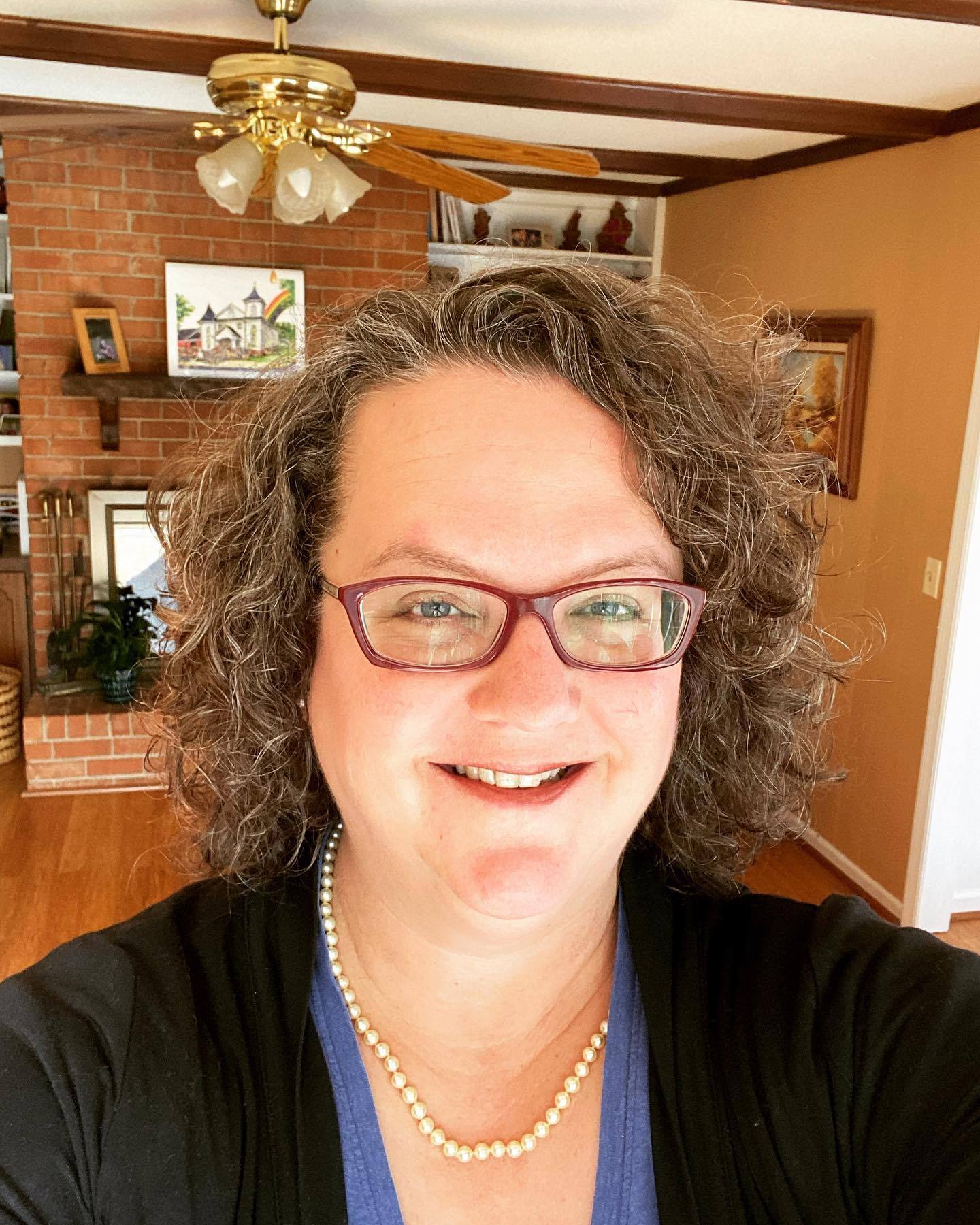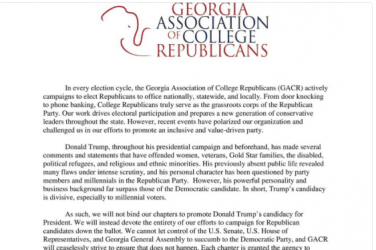Professor Janet Frick’s recent Twitter activity has been noticed by news outlets who have included her opinions about the University System of Georgia mask mandate and January’s runoff election in their coverage. The associate professor in the psychology department at UGA has been on Twitter since 2010, but Frick was so passionate about the enforcement of a campus mask mandate that she changed her Twitter handle in June to “Dr. Frick will not teach unmasked students.” She told Caroline Kurzawa how she believes that her position on the issue was a catalyst for an increase in followers (now more than 6,000) and how she tweets her opinions about university policies in order to benefit marginalized voices.
I think when it comes to challenges that we face as a society, challenges that we face in academia, the issue of raising concerns that people in more marginalized groups may not have the freedom, or the political capital, I guess, to raise themselves, I just have become over time, much more aware of the extent to which it’s important to make sure that policy conversations … include voices that are challenging the status quo.
I do think it’s important, especially for faculty with tenure, to be willing to say unpopular things if they’re true, if they are important, if they pertain to important issues and if it matters to the well-being of the institution, if it matters to the well-being of students.
I have always felt like people in academia have a privilege and a responsibility to use our jobs to try to make our communities better.
My voice is not, certainly, not any more important than anyone else’s, but I think people need to be willing to use their voice.
My constant message to tenured faculty is: Use your voice and use your privilege to work on issues that are important, whether related to your professional field, whether, you know, related to your community.
Don’t be afraid to speak up about things that are important, and I think that that Twitter can be a great platform for that.
Caroline Kurzawa is a junior majoring in journalism in the Grady College of Journalism and Mass Communication and minoring in women’s studies at the University of Georgia.









Show Comments (0)